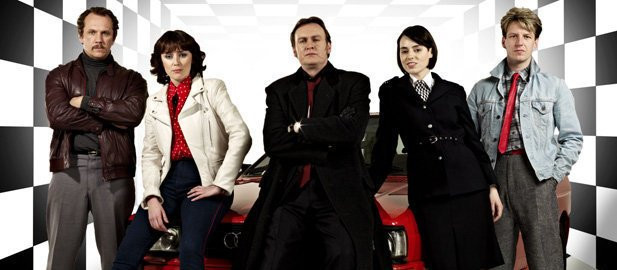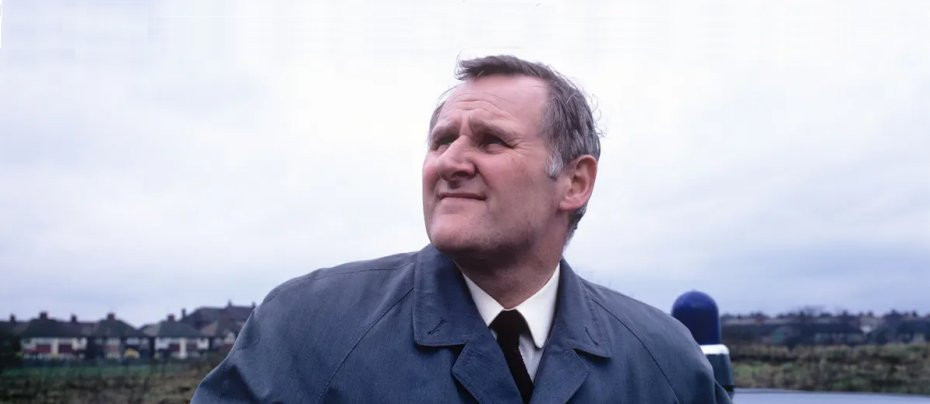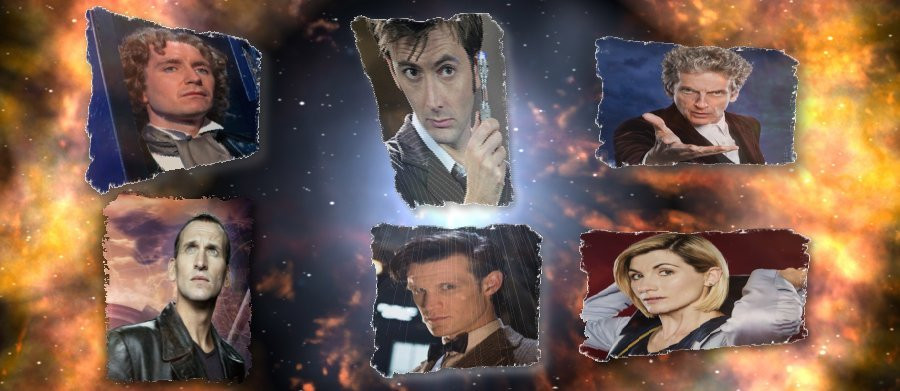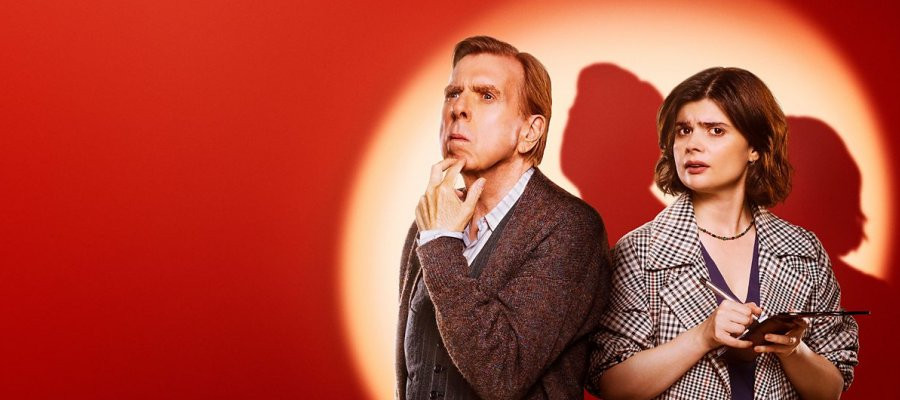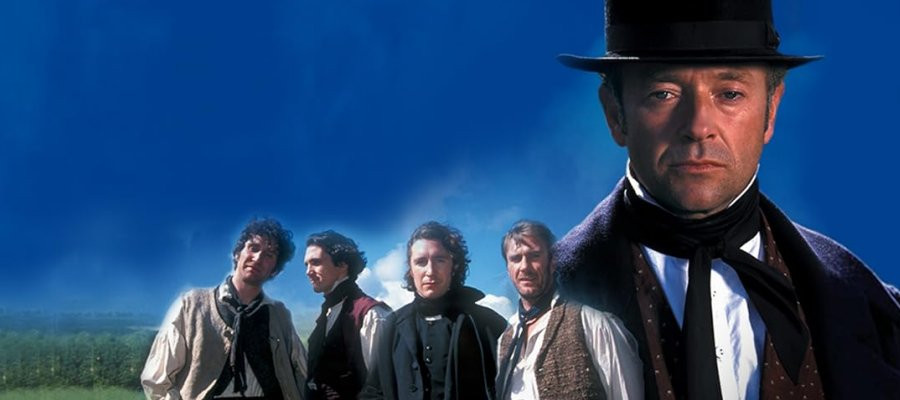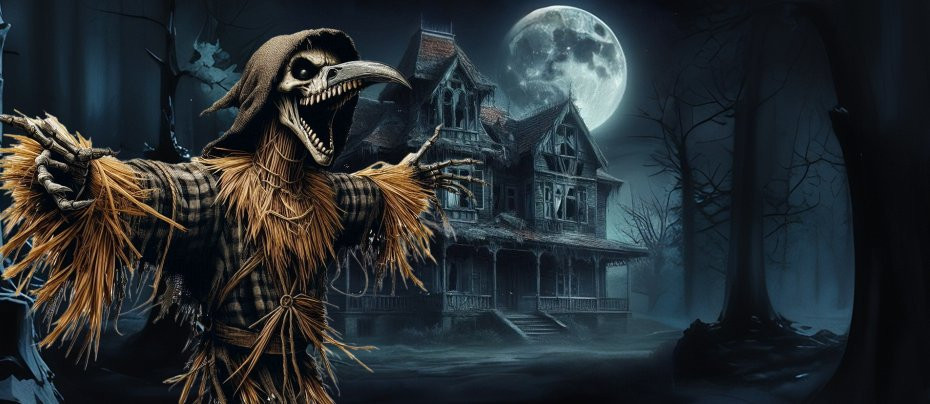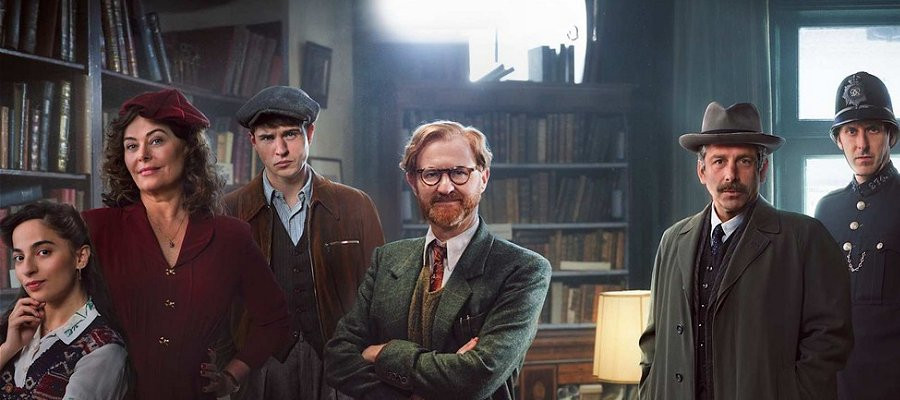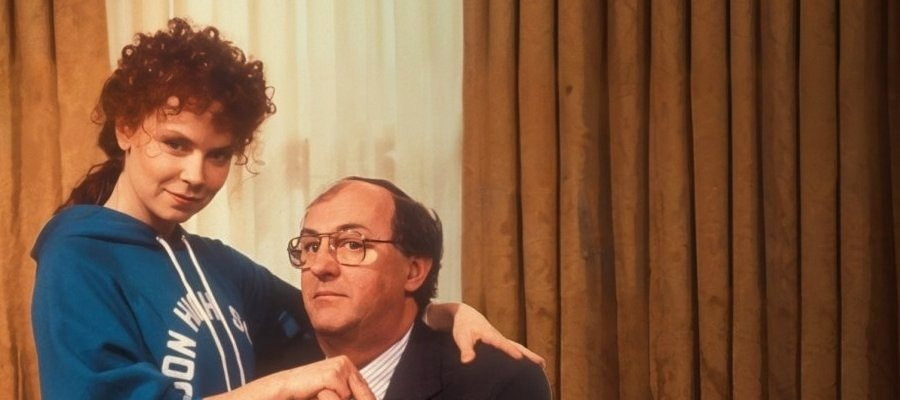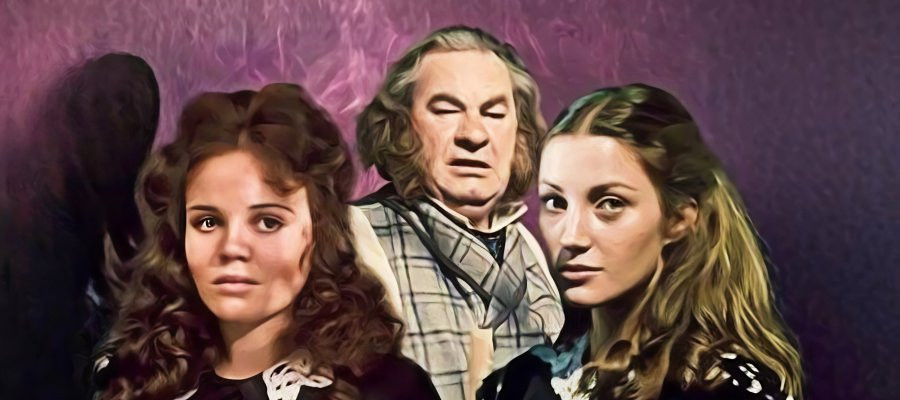
Our Mutual Friend
1976-1998 - United KingdomAt the height of his literary powers, Charles Dickens delivered Our Mutual Friend (1865), a brooding and intricate novel that weaves murder, greed and obsession into a richly symbolic world where wealth is drawn from dust heaps and corpses dredged from the Thames. As his final completed work, written amid declining health and personal scandal, it stands as one of Dickens’s most complex and modern narratives—brimming with irony, psychological depth, and an urban grotesquerie that eerily anticipates The Waste Land.
Over the years, the novel has inspired several adaptations (the first by the BBC in 12 episodes in 1958), but it is most notably two BBC versions—first in 1976 and later in 1998, that are reviewed here. While distinct in style and scope, both succeed in capturing the savage beauty and moral ambiguity of Dickens' vision.
The 1976 Adaptation: A Layered Gothic Feast
Scripted by Julia Jones and Donald Churchill—veterans of light drama (Moody and Pegg) but here tackling something altogether darker—this seven-part series is remarkable not for its fidelity to every plot thread (notably the Lammles are omitted), but for the way it conjures the novel’s haunting tone. Directed by Peter Hammond, it delivers a vision steeped in chiaroscuro lighting, somber design and the atmospheric strains of Carl Davis’s score, echoing the melancholy of Mendelssohn.
Despite trimming the cast of Dickens' eccentrics, the production preserves the emotional weight and thematic depth. Reviewers praised its ability to condense without flattening. Ronald Higham of the Evening News noted that the writers had "compressed Dickens’s work without destroying its atmosphere or its characters," while The Sunday Times lauded the adaptation's "marvellous incantatory rhythms of narrative and dialogue."
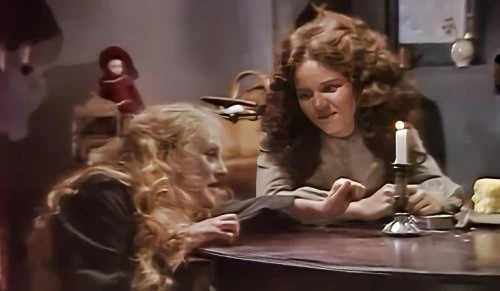
The acting, unsurprisingly, is first-rate. Lesley Dunlop delivers a luminous performance as Lizzie Hexam, capturing her resilience and quiet strength. Jane Seymour charts Bella Wilfer's transformation with conviction, while Polly James astonishes as Jenny Wren—despite being a thirty-something actress playing a disabled child. Her scenes subtly reinforce the theme of women as dressed-up dolls in a society ruled by appearance and wealth.
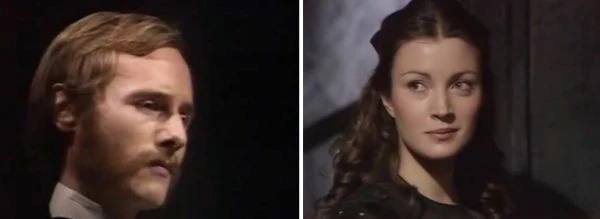
Nicholas Jones, Leo McKern, Warren Clarke, and John McEnery round out the cast in psychologically demanding male roles, offering portrayals as tormented as they are compelling. The series as a whole was described by one audience member as a "wonderful wedding cake, revealing layer upon layer"—a fitting metaphor for a drama that explores the corruption and redemption buried deep within the dust of London.
The 1998 Adaptation: Lush, Lyrical and Darkly Romantic
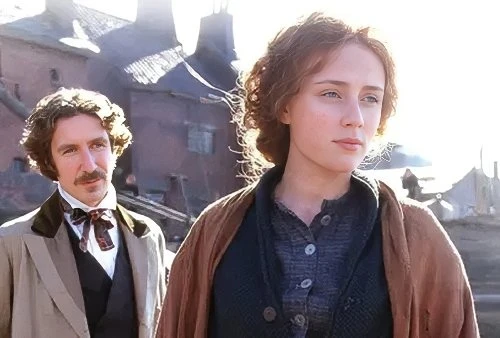
Twenty-two years later, a more concise four-part version was produced for the BBC, boasting a prestigious cast and a strikingly cinematic style. Anna Friel plays Bella Wilfer with flirtatious charm and real emotional range, while Steven Mackintosh lends John Rokesmith an enigmatic gentleness. Keeley Hawes as Lizzie Hexam brings both vulnerability and quiet strength, counterbalanced by David Morrissey’s chilling portrayal of the obsessive Bradley Headstone.
Paul McGann's Eugene Wrayburn is memorably languid and morally adrift, making his final redemption all the more poignant. The supporting cast reads like a who's who of British acting: Peter Vaughan and Pam Ferris are perfect as the bluff, kind-hearted Boffins, while Kenneth Cranham and Timothy Spall provide comic menace as Silas Wegg and Mr. Venus.
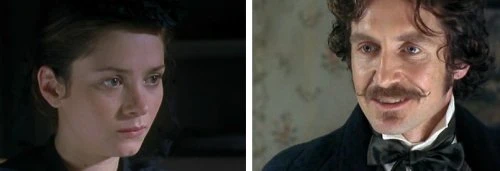
This version embraces the novel's modernity, employing flashbacks and dislocated time frames to enhance the mystery and psychological complexity. The Thames looms as both setting and symbol—moody, fetid, and transformative—framing a London obsessed with money, death, and disguise.
Though the adaptation has less time to explore subplots in detail, it maintains the novel’s thematic core. The characters are vividly drawn, the production design is richly textured, and the pacing makes for a taut, compelling drama. Producer Catherine Wearing described the story as "perfect for film," and this version makes a strong case: a love story tangled in deceit, played out against the eerie industrial landscapes of a city drowning in its own ambition.
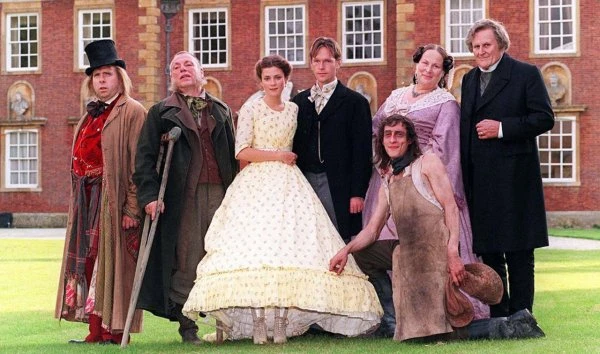
Both the 1976 and 1998 BBC adaptations of Our Mutual Friend showcase different strengths: the former unfolds like a dark Victorian tapestry, lyrical and layered, while the latter offers a streamlined but visually arresting retelling that embraces the novel’s proto-modernist undercurrents. Together, they reveal just how fertile and adaptable Dickens’s late masterpiece remains—its themes of class, identity, and moral reckoning as resonant today as they were 160 years ago.
Seen this show? How do you rate it?
Seen this show? How do you rate it?
Published on October 22nd, 2025. Written by Laurence Marcus for Television Heaven.


